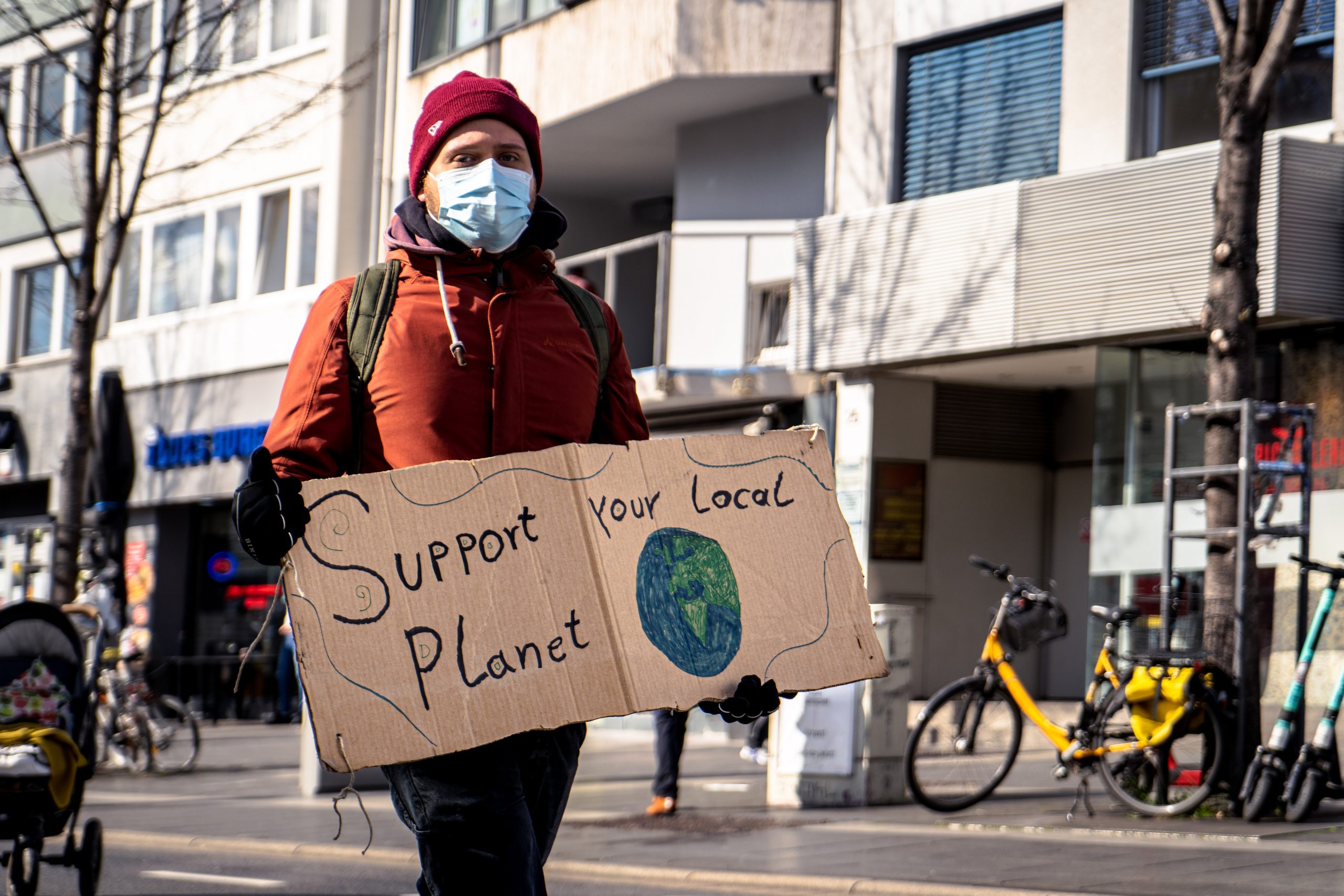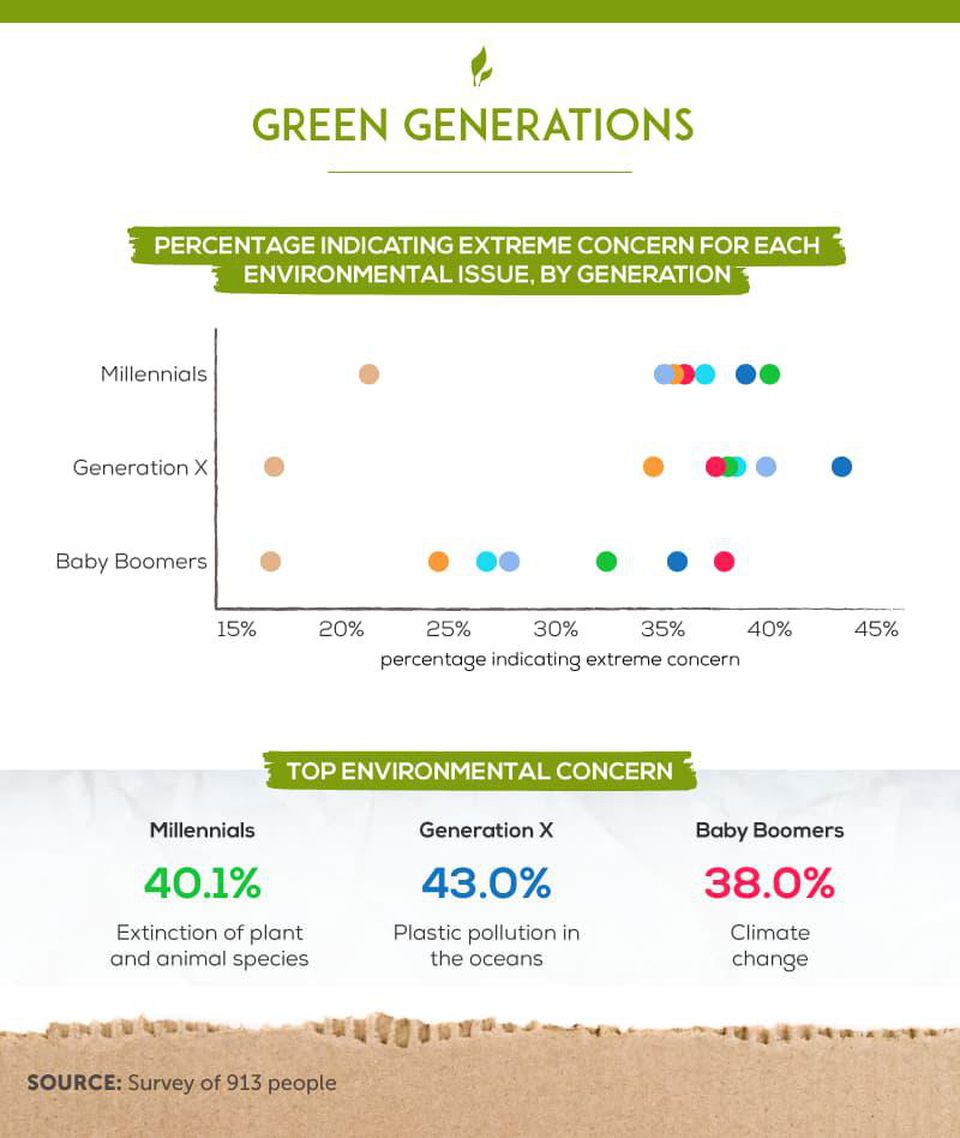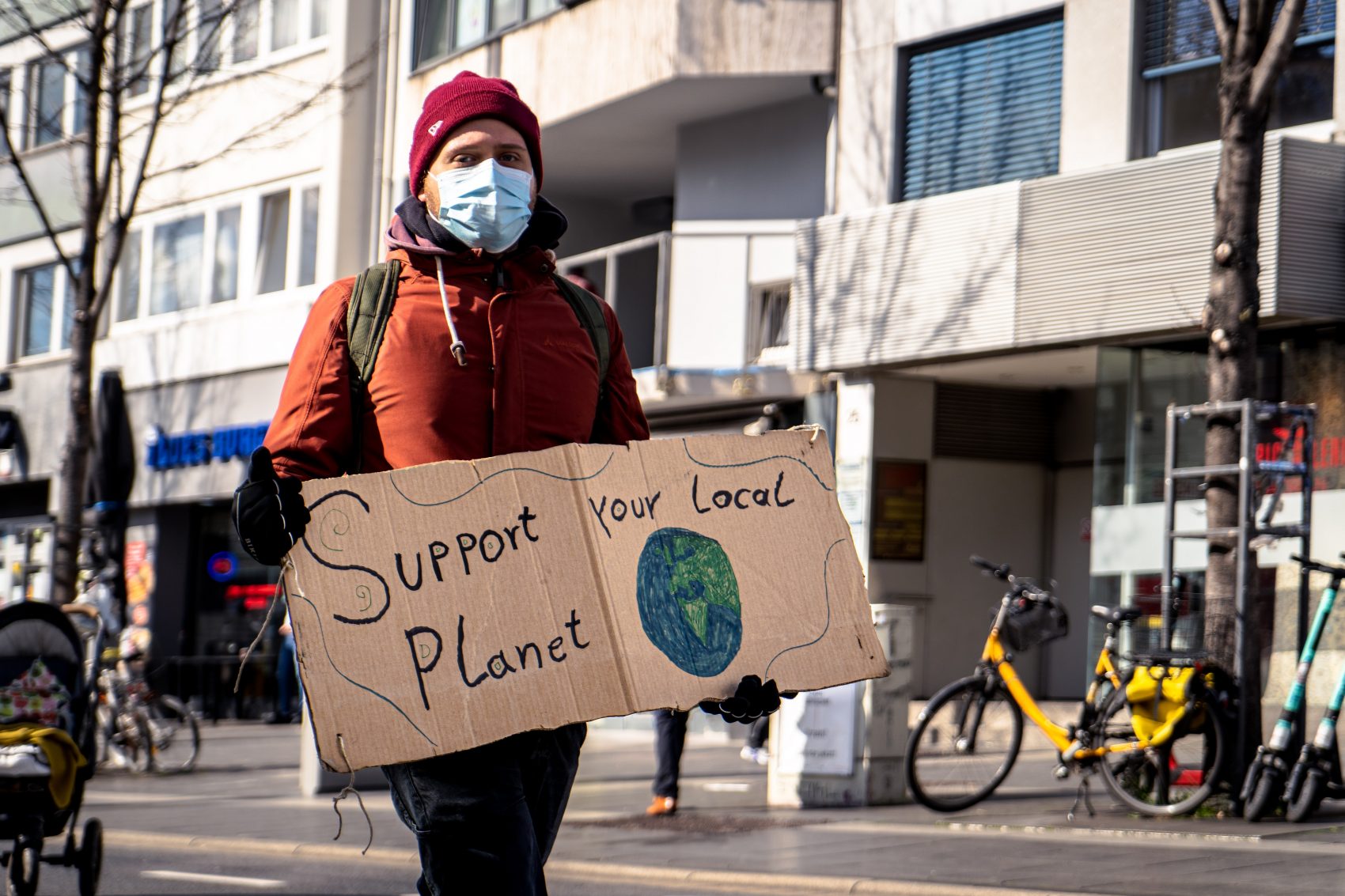A significant majority of Americans and Australians are intent on learning more about humanity’s impact on the environment, and what they can do to live a more sustainable lifestyle. 913 people in both countries were part of a cross-generational study led by Southern Cross University to investigate how engaged citizens in both nations were regarding the environment, and just how far they were willing to go to protect the planet.

The Survey
The data collected showed that 93% of all surveyed indicated a general concern for the environment, with plastic pollution (40.1%), biodiversity loss (39.1%), and climate change (38%) deemed the top three issues. Both the United States and Australia have been dealing with these particular problems, with climate change notably being blamed for the record-setting wildfires in California as well as the major bleaching events on the Great Barrier Reef. One of Australia’s endemic species, the koala, was recently declared “functionally extinct” and a range of species across the United States “are quietly disappearing”. Plastic pollution has become an ever-present issue worldwide as governments try to tackle single-use plastics and other forms of packaging – leading to a vast awareness campaign targeting consumers with the aim of educating the public as to the impacts their lifestyle choices can have.
While these were ranked as the major issues amongst respondents, they also indicated that they were ready to act on them, with 77% of individuals wanting to learn more about sustainable lifestyles. Most citizens have already taken steps to become more green – 83.4% of them recycle, 57.5% use reusable bags and 45.2% avoid single-use plastics. However, the vast majority of respondents believe it is up to governments (79%) to tackle environmental problems head-on. This is an interesting contrast to their respective nations’ own environmental policies, with both Australia and the United States deemed to be some of the largest contributors to global emissions and have shown no signs of heeding climate change warnings.

Under the Trump administration, the United States became the first and only country to withdraw from the Paris Agreements, while the US Environmental Protection Agency has rolled back many policies set to regulate pollution and greenhouse gas emissions. Australia’s government has also been at the center of many environmental debates. Canberra has repeatedly ignored warnings from international watchdogs regarding the nation’s increasing emissions and has gone as far as censoring a UN report describing how the Great Barrier Reef was being affected by climate change. Both countries have collaborated on the global stage to promote so-called “clean coal” technology and have ignored renewable energy. However, local state governments in both countries have been leading environmental efforts and going against federal policies that are putting their nations “at-risk”.
That being said, governments were not the only group that was expected to lead environmental actions. Major corporations were identified by almost three-quarters of respondents as responsible for reducing pollution , waste and other issues, and some major companies have already been making strides in decreasing their environmental impact. Unilever has embraced the United Nations’ Sustainable Development Goals and has set a goal of halving emissions by 2030. The company has already reduced waste from its production chain by 97%, and source 56% of raw materials from sustainable sources. Other industry leaders include Air New Zealand who have committed to transitioning away from single-use plastics on flights – a number as high as 55 million units per year – and 4Ocean, a company that collects and recycles plastic waste from the ocean. Companies are working towards becoming more environmentally-conscious, and opportunities abound.

Changing Perspectives
While respondents believe that governments should be leading action on climate change, they also identify the issues that prevent them from doing more in their daily lives. The higher prices of eco-friendly products (82.6%) and inconvenience (51.6%) ranked highest, with 61.6% of those surveyed thinking that living a more sustainable, eco-friendly lifestyle was more expensive overall. 12.9% would be unwilling to spend more on a product if it was certified eco-friendly. This particular question showed the divide across generations, with millennials (89.6%) much more willing to pay above-average prices than baby boomers (79.3%). This corroborates further research that younger generations are driving consumer trends towards more environmentally-friendly products. As more information becomes available regarding the impacts of consumerism on the environment, individuals are becoming more and more likely to purchase products that are less damaging to the planet.
While opinions and preferences vary across the board regarding eco-friendly lifestyles and what green habits people were already partaking in, there was one underlying theme: hope.
87% of respondents said they made efforts to live an eco-friendly lifestyle, and that 72% were driven to leave a better planet for their children. Overall, people showed an interest in learning more about the environment, how they could live a more sustainable lifestyle, and how humanity’s actions are affecting the planet. In recent years, the environment has taken center-stage as new generations look to safeguard the future of the planet. From taking on major corporations to speaking on a global stage spurring governments into action, environmental accountability has become a part of everyday routine. Education is set to become one of the best tools to fight climate change and environmental degradation, and as this survey notes, we have an appetite for it.



